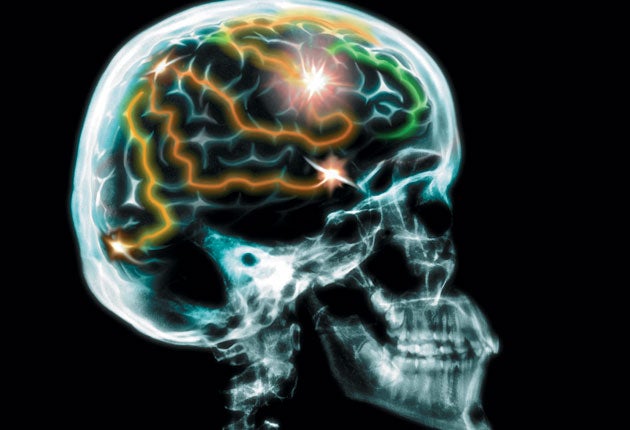Stress in middle-aged women could increase risk of dementia
Women who experience stressful events such as divorce are at a higher risk of developing the condition

Stressful life events such as divorce, bereavement or job losses have been linked to the development of dementia in middle aged women, according to the results of a new study.
Common stressful life events may have "severe and long standing physiological and psychological consequences" in the brain, researchers said.
The more stressful the event was, the higher the risk became, the study found.
The research, published in the online journal BMJ Open, examined data collected from a long-term study of 800 Swedish women who underwent a battery of neuropsychiatric tests when they were first selected in 1968.
The women were all born in 1914, 1918, 1922 and 1930. They were questioned about "stressors" in their life such as divorce, widowhood, work problems and illness suffered by a relative at regular intervals over four decades.
One in four women had suffered at least one stressful event, 23 per cent reported two, one in five had suffered three stressors and 16 per cent had been through four or more.
Nineteen per cent of the women went on to develop dementia. Of these, 104 were diagnosed with Alzheimer's disease.
Those women who reported a higher number of stressors in 1968 were shown to have a 21 per cent higher chance of developing dementia.
They were also 15 per cent more at risk of developing dementia.
While the authors stressed that more research is needed to confirm the results of the study, they suggested that “stress may cause a number of physiological reactions in the central nervous, endocrine, immune and cardiovascular systems”.
“Our study shows that common psychosocial stressors may have severe and long-standing physiological and psychological consequences,” the authors of the study concluded.
“The number of psychosocial stressors, measured in middle-aged women, was related to distress and incidence of Alzheimer's disease almost four decades later.”
Lead author Dr Lena Johansson added that more studies would need to be conducted to confirm the results and to investigate the types of stress management therapies that could be used on individuals in a distressing situation.
Researchers also needs to assess whether the same link between stress and dementia could be found in men.
Dr Simon Ridley, head of research at the charity Alzheimer's Research UK, said: “These types of studies are important for looking at trends in people and highlighting areas for further investigation. This interesting study followed participants for almost four decades, which is hugely demanding but important for revealing how events in midlife may shape our health in older age.
“From this study, it is hard to know whether stress contributes directly to the development of dementia, whether it is purely an indicator of another underlying risk factor in this population of women, or whether the link is due to an entirely different factor.
Join our commenting forum
Join thought-provoking conversations, follow other Independent readers and see their replies
Comments